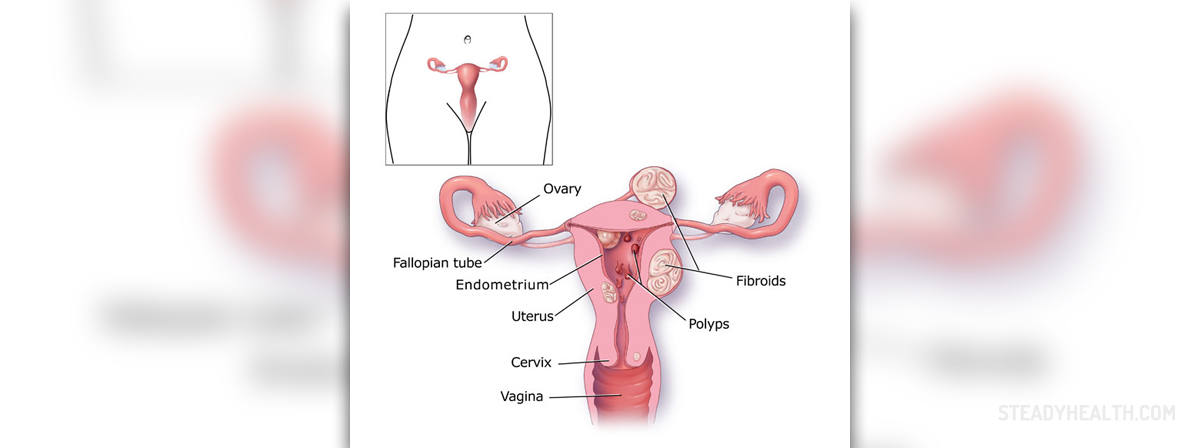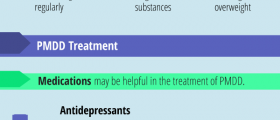
Menorrhagia is the medical term for abnormally long periods. Really long periods, when you have them more than once, can be caused by quite a few different medical problems. Women who suffer from endometriosis often experience lengthy menstruation, as do those who have uterine fibroids. Blood clotting disorders are also linked to long periods, as are hormonal imbalances. In some of these cases, especially with endometriosis, women who have long periods might also experience a lot of pain while they are menstruating. This is not something to take lightly (no pun intended!). If you recognize yourself in these symptoms, getting a medical checkup as soon as you can is the best course of action. If your lengthy period is a one-off, it is possible that you are undergoing an early miscarriage.
A chemical pregnancy, where women miscarry so early on that they had no idea they were pregnant yet, can present itself as a long "period". It can also be caused by an infection, or an ectopic pregnancy. In this case, too, calling a doctor is a good idea. Long bleeding just by itself does not necessarily have to be a problem, but if you are feeling abdominal pain or heavy cramping, there is usually something wrong something that could require medical treatment. In the case of long bleeding, it is better to err on the side of caution and see a doctor.
















Your thoughts on this
Loading...